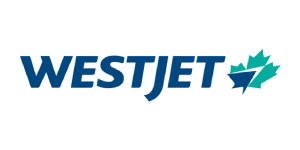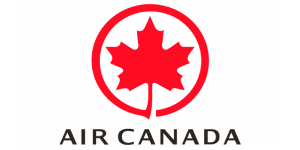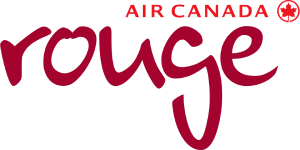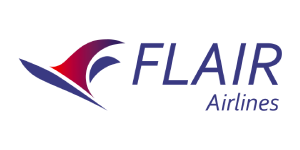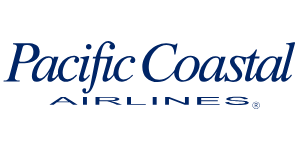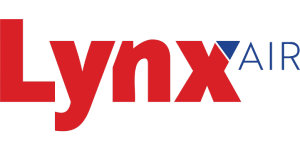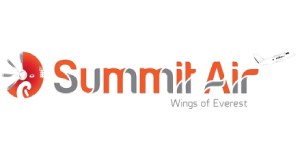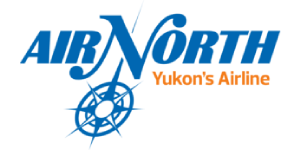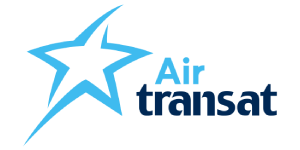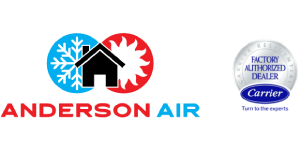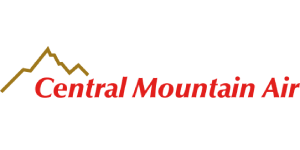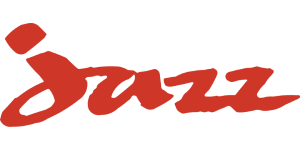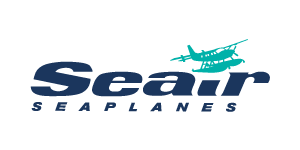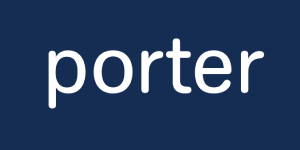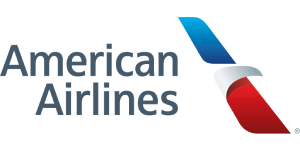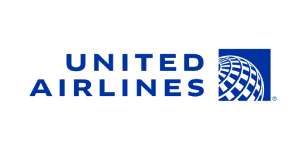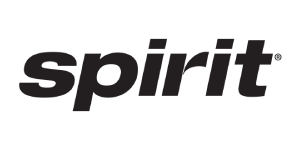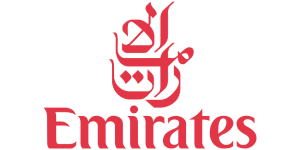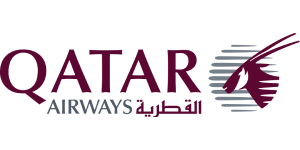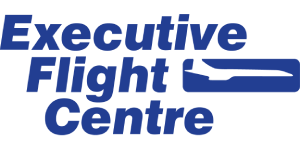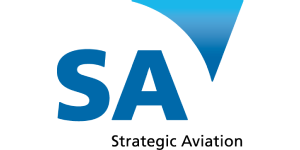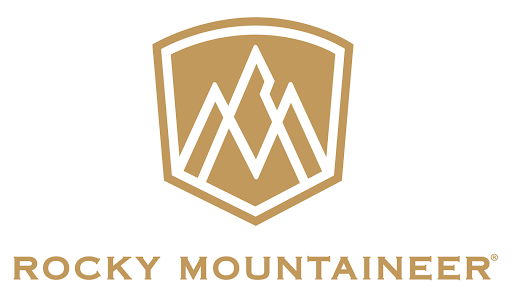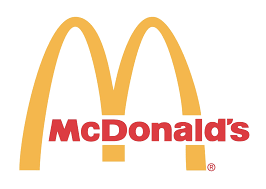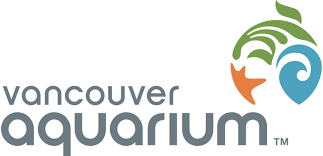Overview
This program does not require approval by Private Training Institutions Branch (PTIB) of the Ministry of Advanced Education and Skills Training. As such, PTIB did not review this program.
This course presents basic financial accounting concepts and shows you how they apply to the hospitality industry. This course incorporates the most recent formats, information, and schedules from the newly-published Uniform Systems of Accounts for the Lodging Industry, Sixth Edition. Each textbook chapter also includes five problems to give you practice using accounting information.
Entry Requirements
Students must complete an intake with recruitment team.
- Applicants must provide a valid photo ID or birth certificate
- Applicants must hold a high school diploma or be at least 19 years of age
- Students under the age of 19 require their parent or guardian’s signature
- Student must complete an intake with Admissions team member
Admission Requirements:
- Applicants must provide a valid photo ID or birth certificate
- Applicants must hold a high school diploma or be at least 19 years of age
- Students under the age of 19 require their parent or guardian’s signature
- Student must complete an intake with Admissions team member
Course Duration
8 Weeks / 48 hours
Cost
$850.00
Delivery Methods
Online| On-campus| Combined
Completion
Certificate
Learning Outcomes
Upon completion of this course the successful student will have reliably demonstrated the ability to:
- Describe the accounting process and the roles that accountants play in collecting and presenting financial information.
- Define the major classifications of accounts (assets, liabilities, equity, revenue, and expenses) and describe specific accounts found within each classification.
- Understand the correct application of debits and credits by analyzing business transactions for a variety of accounting situations.
- Discuss the basis of the double-entry accounting system and identify the normal balances of the various types of accounts.
- Describe the posting, journalizing, and closing processes.
- Identify the purposes and characteristics of specialized journals and subsidiary ledgers.
- Discuss the advantages and disadvantages of the sole proprietorship, the partnership, the corporation, and the S corporation, and describe and compare accounting procedures for each.
- Discuss generally accepted accounting principles and explain the usefulness of each.
- Distinguish between cash basis accounting and accrual accounting.
- List procedures that help ensure internal control of a firm’s cash.
- Discuss how hospitality firms account for bad debt losses.
- Describe accounting procedures involved in notes receivable and notes payable.
- Discuss methods of controlling and accounting for inventory.
- Identify and define the major classifications of adjusting entries reversing entries.
- Define ten steps of the accounting cycle.
- Describe the balance sheet, the income statement, the statement of owners’ equity, the statement of retained earnings, and the statement of cash flows, and discuss the purposes of each.
- Identify the uniform systems of accounts relevant to the hospitality industry.
- Explain the purposes of footnotes to financial statements.
- Identify and describe commonly used depreciation methods.
- Describe accounting procedures used for property, equipment, intangible assets, and other assets.
- Describe procedures used to account for current liabilities and payroll.
- Describe procedures used to account for bonds, leases, and mortgages payable.
- Explain why hospitality firms invest in the securities of other companies, and discuss accounting for investments
- Identify the kinds of information obtained through vertical and horizontal analyses of comparative balance sheets and comparative income statements.
- Explain ratio analysis and the purposes that it serves for managers, creditors, and investors.
- Identify and define five classes of ratios and explain their significance.
Student Progression and Reporting
Student will be assessed by daily attendance, assignments, and completion of in class activities.
Completion Requirements:
An overall grade of 70% must be achieved to successfully complete this course.
Course Schedule:
Modules:
| Session 1 | Accounting: A Management Resource |
| Session 2 | Starting a Business |
| Session 3 | The Bookkeeping Process |
| Session 4 | Hospitality Industry Financial Statement |
| Session 5 | Computerized Accounting System: An Introduction |
| Session 6 | Computerized Account Cycle: A Demonstration |
| Session 7 | Statement of Income, Depreciation, and Amortization |
| Session 8 | Balance Sheet |
| Session 9 | Restaurant Accounting and Financial Analysis |
| Session 10 | Summary Operation Statement |
| Session 11 | Statement of Cash Flow |
| Session 12 | Budgeting Expenses |
| Session 13 | Forecasting Sales |
Tuition & Fees
| Details | International | Domestic |
|---|---|---|
| Tuition | $850 | $850 |




